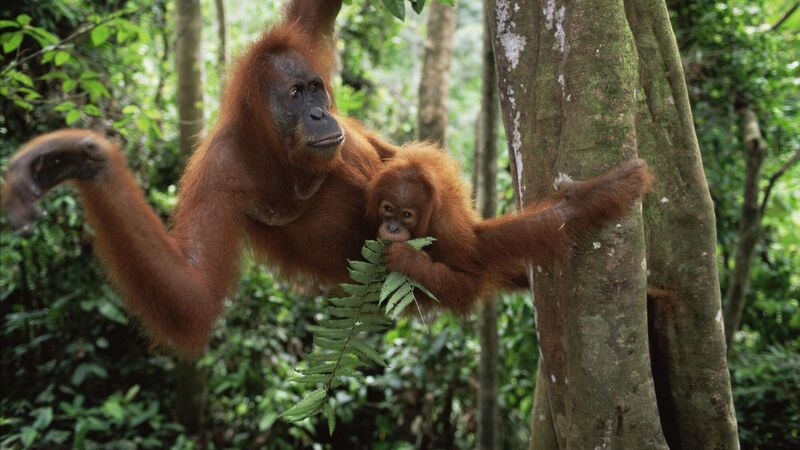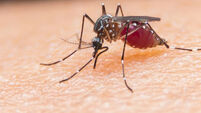Richard Collins: Scientists study orangutans' balance between curiosity and caution

Orangutans are shy creatures but there is a location in Sumatra where they have become habituated to people, allowing their behaviour to be observed. Caroline Shuppli and her team have been studying their inquisitiveness here. Picture: Anup Shah/WWF/PA Wie
I am become death, the destroyer of worlds — Krishna in the Bhagavad Gita
The human urge to 'meddle' has helped make us what we are. But unlocking Nature’s secrets is dangerous: Icarus flew too close to the sun; our world now has stockpiles of nuclear weapons. The great explorers set out into the unknown. The gamble paid off for some, but others disappeared without trace. Few wild creatures embrace novelty. They keep their heads down — and with good reason... curiosity killed the cat.








